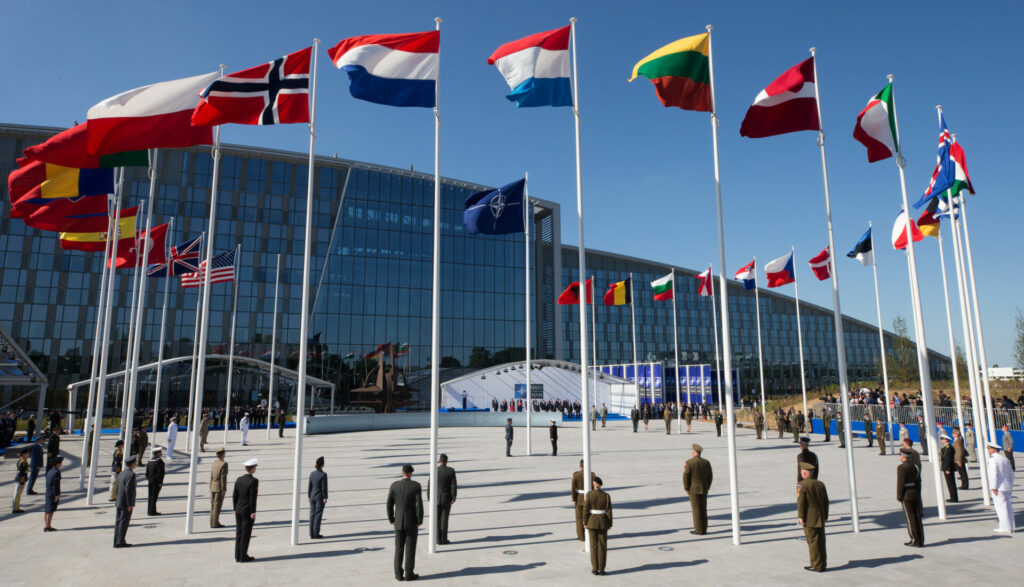The European Union and NATO have announced the creation of a "joint taskforce" to protect Western nations' critical infrastructure from potential Russian sabotage, Belga News Agency has reported.
In a joint press conference held on Wednesday with European Commission President Ursula von der Leyen, NATO Secretary General Jens Stoltenberg noted that the taskforce will render "our critical infrastructure, technology and supply chains more resilient to potential threats and [allow us to] to take action to mitigate potential vulnerabilities".
He added: "This will be an important step in making our societies stronger and safer."
The decision to set up the joint taskforce further entrenches the already deep ties between the EU and NATO: 21 of the EU's 27 Member States are also members of NATO, with EU Member States Finland and Sweden both expected to join the alliance within the coming months.
The announcement also comes a mere day after the EU and NATO issued a joint statement affirming their mutual desire to strengthen their cooperation to confront the "security threats and challenges" posed by China and Russia.
Nord Stream: Justification or pretext?
Both Stoltenberg and von der Leyen pointed to the sabotage of the Nord Stream gas pipelines in September — which Western media outlets overwhelmingly blamed on Russia — as a key reason for the creation of the joint taskforce.
"We have seen the sabotage of Nord Stream [which] has shown that we need to be ready and that we need to confront this new type of threat," von der Leyen said.
In a recent interview with the Brussels Times, however, scholar and activist Noam Chomsky heavily disputed the assumption that the sabotage had been conducted by Russia by pointing to the fact that US President Joe Biden had explicitly promised in early February to "bring an end" to the pipelines if Russia invaded Ukraine.
Related News
- 'Humanity is dedicated to its own destruction' – Noam Chomsky
- EU and NATO to 'take partnership to next level' to confront Russia and China
Similar views have been expressed by mainstream European politicians, including former Polish Foreign Minister and current Chair of the European Parliament's Delegation for Relations with the United States Radek Sikorski, who took to Twitter in the incident's immediate aftermath to explicitly thank the US for blowing up the pipelines.
In a subsequent interview with The Brussels Times, Sikorski suggested that his tweet had been "over-interpreted", but maintained that he "found it hard to believe that the Russians would destroy their own pipelines".
Chomsky and Sikorski's position was arguably corroborated by a recent New York Times report, which "raise[d] the question of why, if Russia bombed its own pipelines, it would begin the expensive work of repairing them".

